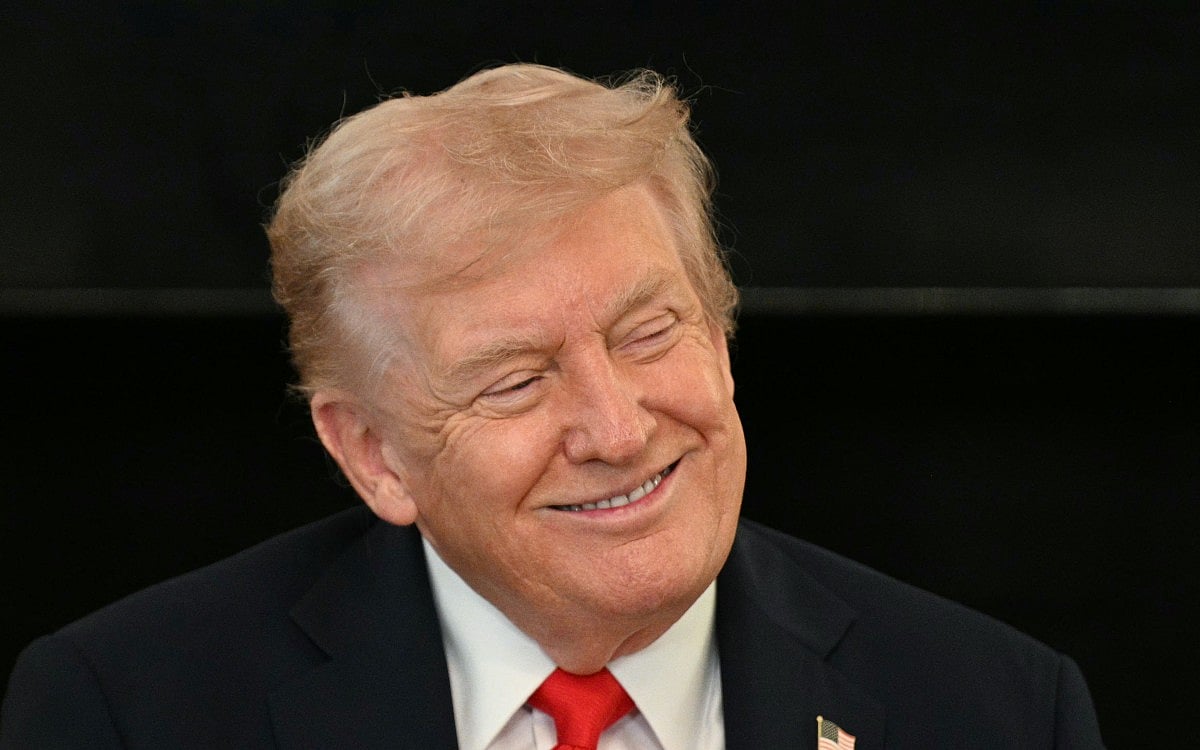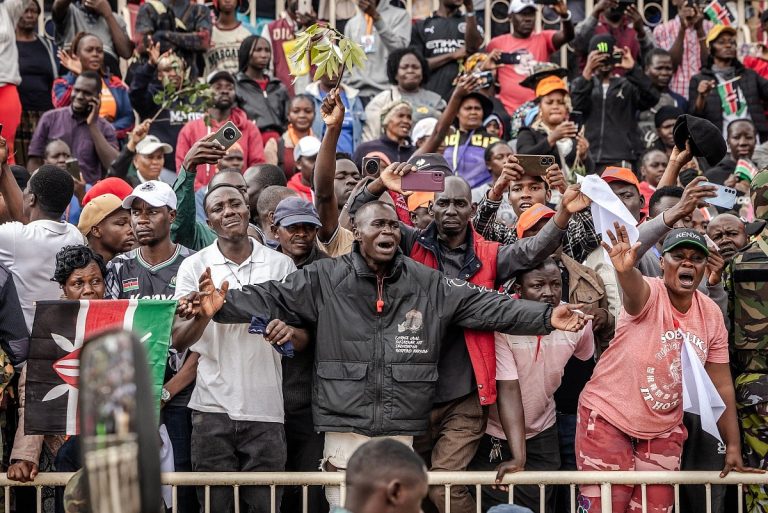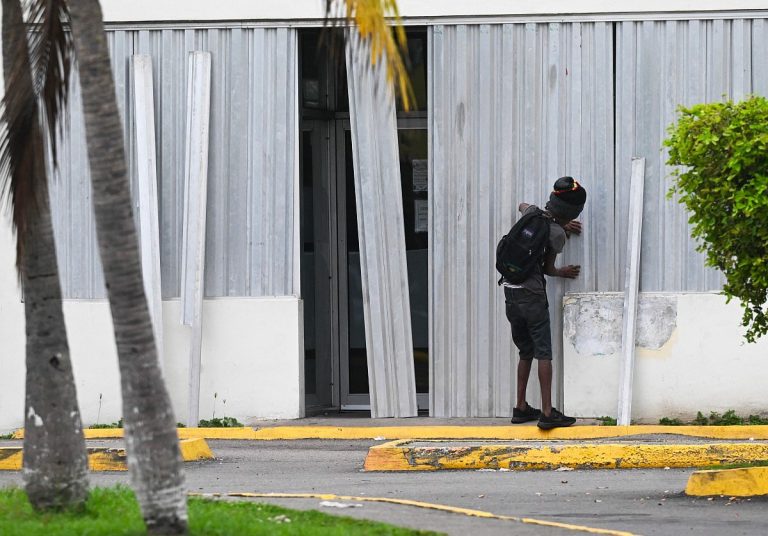Trump’s Controversial Claim for 2025 Nobel Peace Prize
As anticipation builds for the announcement of the 2025 Nobel Peace Prize, former U.S. President Donald Trump has stirred debate by asserting he deserves the accolade. His comments have reignited discussions about his foreign policy achievements and the criteria for the prestigious award, which has a long history of recognizing significant contributions to peace.
Trump’s Claims and Controversies
In a recent press conference at the White House, Trump claimed to have “stopped eight wars” and facilitated peace in Gaza, emphasizing that his actions were not motivated by a desire for recognition. “Nobody in history has solved eight wars in nine months. I didn’t do it for the award — I did it because I saved lives,” he stated. He also criticized Barack Obama, the 2009 Nobel laureate, suggesting that Obama received the prize without substantial contributions to peace.
Experts and AI systems have scrutinized Trump’s assertions. Various platforms, including ChatGPT and Google’s Gemini, evaluated his claims and found them lacking in factual support. While they acknowledged some instances of de-escalation during his presidency, they concluded that none constituted verified or lasting peace agreements.
Notable Conflicts Trump Claims to Have Resolved
Trump has taken credit for several international conflicts, including:
– **Israel and Iran** – **Democratic Republic of Congo and Rwanda** – **Cambodia and Thailand** – **India and Pakistan** – **Serbia and Kosovo** – **Egypt and Ethiopia** – **Azerbaijan and Armenia**
He also highlighted his involvement in the recent Gaza ceasefire, asserting that it was a result of his administration’s peace efforts. However, analysts suggest that the timing of this agreement may not be sufficient for the Nobel Committee to consider it in their decision-making process.
The Nobel Peace Prize Process
The Nobel Peace Prize, established in 1901 by Alfred Nobel’s will, honors individuals and organizations that have made significant contributions to peace and humanitarian efforts. The Norwegian Nobel Committee, composed of five members appointed by Norway’s parliament, will announce the laureate at 11:00 AM (1:00 PM UAE time) on Friday. This year, the committee received 338 nominations, including 244 individuals and 94 organizations.
Historically, only four U.S. presidents have been awarded the Nobel Peace Prize:
– **Theodore Roosevelt (1906)** – for mediating peace between Japan and Russia – **Woodrow Wilson (1919)** – for founding the League of Nations – **Jimmy Carter (2002)** – for promoting democracy and human rights – **Barack Obama (2009)** – for strengthening international diplomacy
The committee typically evaluates nominees based on the durability of peace, the promotion of international fraternity, and the long-term impact of peace initiatives.
Norway’s Diplomatic Context
As the Nobel Prize announcement approaches, Norway is also engaged in negotiations for a trade deal with the United States, aiming for tariff reductions on its exports. This context adds a layer of significance to the Nobel Prize announcement, drawing global attention to Norway’s diplomatic efforts.
FAQs
What are the criteria for the Nobel Peace Prize?
The Nobel Peace Prize is awarded based on contributions to peace, including the promotion of international fraternity, disarmament, and efforts to resolve conflicts.
How many U.S. presidents have won the Nobel Peace Prize?
Four U.S. presidents have received the Nobel Peace Prize: Theodore Roosevelt, Woodrow Wilson, Jimmy Carter, and Barack Obama.
When will the 2025 Nobel Peace Prize winner be announced?
The winner will be announced on Friday at 11:00 AM (0900 GMT) in Oslo by the Norwegian Nobel Committee.
Conclusion
As the 2025 Nobel Peace Prize announcement approaches, Donald Trump’s claims of deserving the award have sparked significant debate. While he cites various international conflicts he believes he resolved, experts remain skeptical of these assertions. The Nobel Committee’s decision will reflect not only the nominees’ contributions but also the broader context of global peace efforts.
The Nobel Peace Prize has often been a point of contention, with some laureates facing criticism for their qualifications or the impact of their contributions. The selection process is inherently subjective, as the committee must weigh the significance of each nominee’s actions against the backdrop of ongoing global conflicts and humanitarian crises. This complexity can lead to differing interpretations of what constitutes a meaningful contribution to peace.
In recent years, the prize has increasingly recognized efforts related to climate change, social justice, and human rights, reflecting a broader understanding of peace that extends beyond traditional diplomatic negotiations. As the world grapples with multifaceted challenges, the Nobel Committee’s choices may also signal shifts in global priorities and the evolving nature of peacebuilding efforts.
Also Read:
Anticipation Grows for Nobel Peace Prize Announcement
Trump Seeks Peace in Gaza Amid Ongoing Conflicts
Trump Announces Upcoming Middle East Visit Amid Gaza Peace Negotiations







